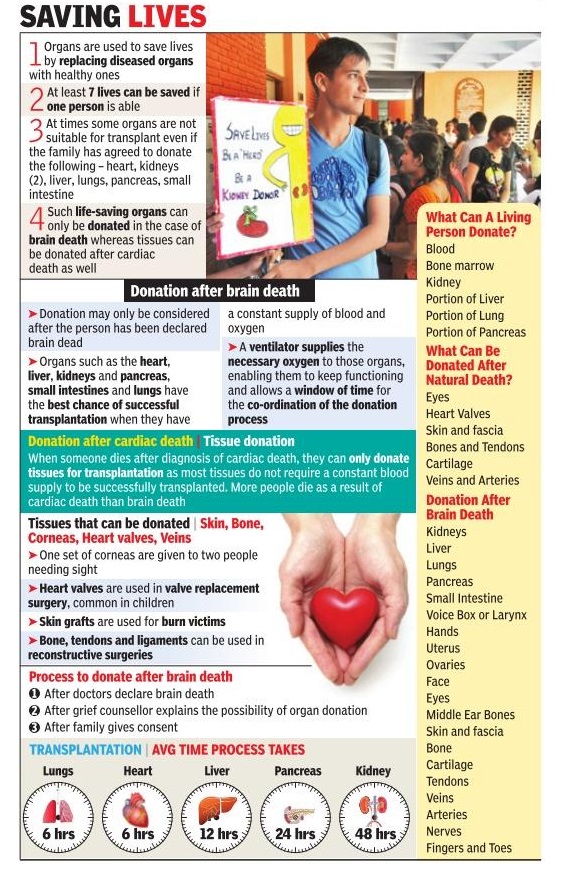HEALTH
- Awareness Camps
- Diagnostic Services
- Patient Care
- Hygiene
- Organ Donation
Health Issues to be addressed by SIDF
To provide various medical facilities, services such as Workshop , Health check up camps , Blood Donation Camps , Immunization camps , promotions of Family Planning Programmes , Motherhood , Child care , Corrective Surgery and Rehabilitation of Polio Affected children , and fight against HIV / AIDS .
To implement the activities related to Cancer by organizing camps , awareness campaigns at periodic intervals in a defined Geographical area, from diagnosis till treatment, training of Community volunteers so that they sensitize the community all under National Cancer Control Programme.
To educate and train mothers during pregnancy and after the birth of their children, so that good nutritional habits can be formed at an early age. Would assist in the training of persons to work as educators and demonstrators for good nutritional practices.
To create awareness and educating the people about the ill-effects of alcoholism and drug / substance abuse on the individual, the family and the society at large
Network of primary health centres, hospitals, mobile medical clinics, and health awareness, diagnostic and specialty camps.
Primary healthcare centers, creates awareness about disease prevention, build civic infrastructure for marginalized communities
Mobile medical units treating elderly who can’t afford or reach facilities. Doctor Consultation, diagnostic tests, home visit for bed-ridden, physiotherapy and referrals.
Basic eye care and cataract surgeries. Mass screening after home visits, treated free, mostly in rural areas. To have an Infrastructure to promote Eye Banking activity in the states by opening Eye Donation Center ( EDC ) , Eye Bank (EB), Corneal Transplantation Centre (CTC) , Vision Centers or any such activity covered under NPCB (National Programme for control of Blindness) .
Organ Donation
We want to ignite the minds of a billion Indians to start a movement which will ensure that every person in need will have a better chance of survival.
If you feel strongly about this initiative, then voice your support & become an Organ Donor
Call us at +91 65126126 or visit www.sidfindia.org or email : info@sidfindia.org
Who can donate organs in India, when and how
The Wait List For Kidneys Alone Is More Than One Lakh
What are the different types of organ donation?
- Live Related Donation: Living donation takes place when a living person donates an organ (or part of an organ) for transplantation to another person. The living donor can be a family member, such as a parent, child, brother or sister, grandparent or grandchild (living related donation).
- Live Unrelated Donation: Living donation can also come from someone who is emotionally related to the recipient, such as a good friend, a relative, a neighbor or an in-law (living unrelated donation).
- DeceasedCadaver Organ Donation: The patient has to register in a hospital that does transplants. The patient will be put on a wait list.As and when the organ from an appropriate deceased donor (brain death) is available, the patient will be intimated.
When must organs from a deceased donor be removed?
Organs must be removed as soon as possible after the determination of brain death, while circulation is being maintained artificially . Tissues may be removed within 12 to 24 hours.
Why should I become an organ donor?
Almost 1.5 lakh people in India need a kidney but only 3000 of them receive one.90% of people on the waiting list die without getting an organ. India’s annual liver transplant requirement is 25,000, but we manage only about 800. The wait list for patients is growing all the time. Everyone is a potential organ and tissue donors after death. But cancer, HIV , infection (sepsis, for example) or Intravenous (IV) drug use will rule out donation.Patients who have Hepatitis C may donate organs to a patient who also has Hepatitis C. The same is true for Hepatitis B -but this happens in very rare cases. Most cancer patients may donate corneas.
Who can donate?
Every adult can be an organ donor. If parents give consent, even children can be organ donors. A donor can donate: Up to 100 years: Corneas, skin Up to 70 years: Kidneys, liver Up to 50 years: Heart, lungs Up to 40 years: Heart valves
How does organ donation help patients with organ failure?
For organ recipients, a transplant often means a second chance at life. Vital organs such as the heart, pancreas, liver, kidneys and lungs can be transplanted to those whose organs are failing. It allows many recipients to return to a normal lifestyle. For others, a cornea or tissue transplant means the ability to see again or the recovery of mobility and freedom from pain.
Can organs be sold?
The Transplantation of Human Organs Act makes it illegal to buy or sell human organs and tissues. Violators are subject to fines and imprisonment.
In India why is the family so important in case of organ donation?
Unlike in many western countries, where an adult is asked to make a choice if he she wants to be a donor, in India, the choice is left to the family. After a person carrying a donor card dies, the family still needs to approve the donation of organs.
Does donating organs adversely affect my treatment?
The doctor who treats you has nothing to do with transplantation. Organ donation can only occur after brain death has been declared by physicians not connected with organ retrieval.
Does donation entail costs?
The family of an organ donor is not responsible for costs related to donation.




